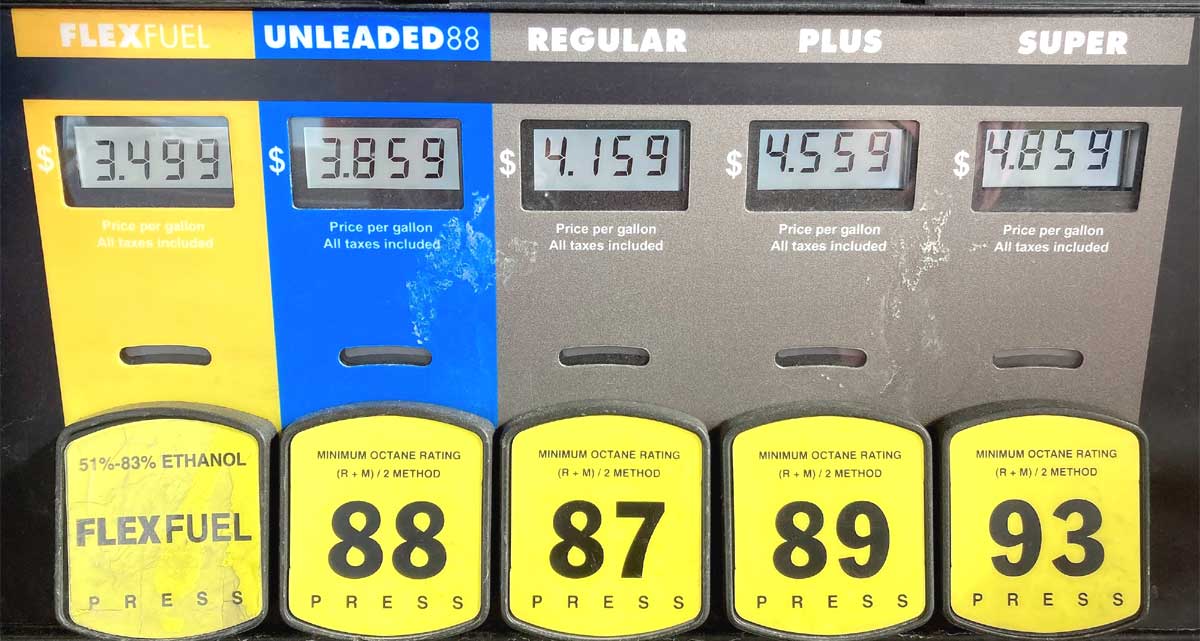A new study from the American Fuel and Petrochemical Manufacturers Association (AFPM) predicts retail gasoline prices will likely increase by as much as 12 cents per gallon in the Midwest due to the decision by seven state governors to require the EPA to remove the one-pound RVP waiver for E10 blends in their states. The governors are making the request to expand the market for gasoline blended with higher concentrations of corn ethanol in the region. The seven states planning to eliminate the one-pound RVP waiver include Ohio, Illinois, Iowa, Minnesota, Nebraska, South Dakota and Wisconsin. The EPA does not have the authority to deny the governor’s request but can only delay it for two years.
Without the one-pound waiver, E10 would no longer meet federal RVP limits for evaporative emissions. As a result, refiners would be forced to create a new lower volatility blendstock for E10 to meet federal RVP limits. The adoption of a new boutique blendstock would eliminate gasoline fungibility in the seven-state region and crimp supply resulting in higher prices at the pump, according to the study. The lower volatility blendstock would also allow E15 to meet year-round evaporative emission limits for the first time. This means E15 could be sold year-round in the region alongside E10.
Refiners say creating a new boutique blendstock would cost between $500 and $800 million in the first year alone. Moreover, the AFPM study predicts gasoline supply to the region would decrease by 125,000 barrels per day or 5 percent of demand in the region. The loss of production would be the same as if a large refinery were to shut down for the summer. It remains uncertain how many refineries in the region plan to invest in upgrades required for production of the lower volatility blendstock. Some refineries may simply switch to producing supply for states outside the seven-state region.
The EPA is currently drafting a proposed rule for public comment to grant the governor’s request. The rule will not be finalized before the start of the upcoming summer driving season.


